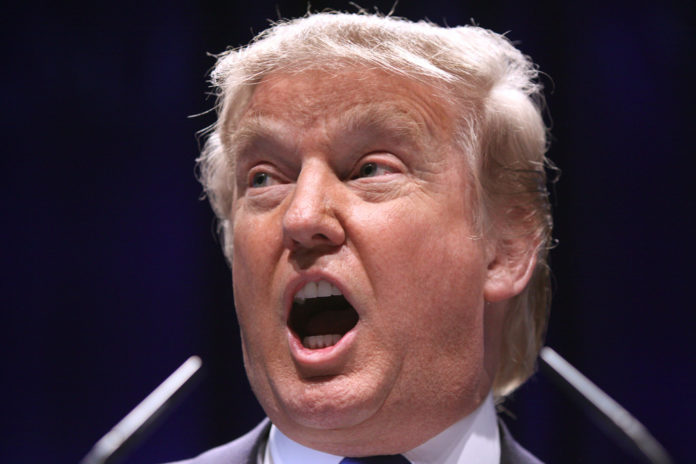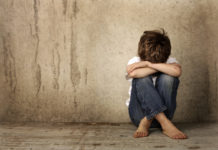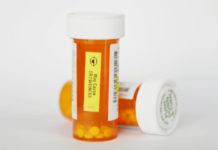On Thursday, October 26, the Trump Administration declared the US opioid crisis to be a public health emergency.
In August, Trump stated that he would declare the opioid crisis to be a national emergency. Trump repeated the statement on October 23, telling reporters that the addiction crisis was a “national emergency” and that he would officially declare it as such. Instead of declaring a national emergency, however, Trump instead declared a public health emergency.
Declaring a public health emergency will allow some resources to be redirected toward providing addiction recovery treatment for those who need it. “I am directing all executive agencies to use every appropriate emergency authority to fight the opioid crisis,” Trump said Thursday, as he declared the opioid crisis a national public health emergency.
According to data from the Centers for Disease Control and Prevention, over 90 Americans die each day from opioid-related causes.
Part of the emergency response will include lifting the Medicaid Institutes for Mental Diseases (IMD) exclusion, a 1970’s-era restriction that prevents larger substance abuse treatment centers from seeking compensation from Medicaid for addiction recovery treatment.
Trump also took time to emphasize the significance of the Commission on Combating Drug Addiction and the Opioid Crisis, headed by New Jersey Governor Chris Christie. Trump alluded to the practical guidance that would be contained within the commission’s final report, originally meant to be released on October 1 and now scheduled for delivery on November 1.
In addition to making addiction recovery treatment more readily available to those Americans who need it, Trump also praised U.S. Attorney General Jefferson Beauregard Sessions III for his use of criminal penalties to combat the crisis, despite the fact that experts have widely discredited this strategy as ineffectual.
Trump allocated time during the speech to discuss his personal connection to addiction. “I had a brother Fred — great guy, best-looking guy, best personality — much better than mine,” Trump said during the speech. “And he had a very, very, very tough life because of alcohol — believe me, very, very tough life.”
















